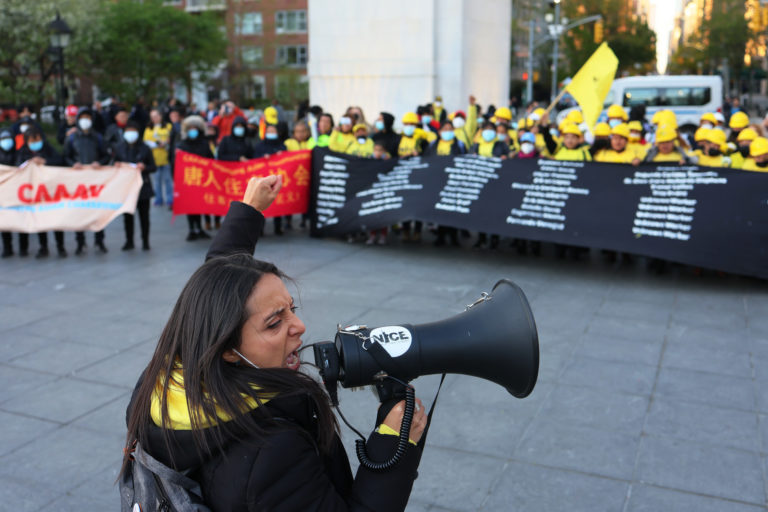Lauren Godles is a student at Harvard Law School.
The labor community continues to speculate about the consequences of the monumental NLRB decision last week that held graduate students to be statutory employees. Writing for the Huffington Post, law Professor Joseph P. Mastrosimone suggests that there will be three unintended consequences of the decision. First, he contends that university honor codes that require such behaviors as “harmonious relationships” and “mutual respect” of all groups on campus could be struck down if they are seen as interfering with students’ rights to organize or deterring organizing behavior. Second, graduate student councils may not be able to continue in their present form, because, by participating, schools could violate the NLRA prohibition on “dominating” a labor organization. Third, Mastrosimone avers that professors’ academic relationships with students will change now that students could allege poor grades to be a form of retaliation for their participation in union or other organizing activity.
Chris Christie vetoed a bill on Tuesday that would have raised New Jersey’s minimum wage to $15 over the next five years. Christie called the proposed measure a “really radical increase” that would “make doing business in New Jersey unaffordable.” However, just across the river in New York City, most companies will be required to pay a minimum wage of $15 by 2018. Joseph Vitale, a Democratic New Jersey state senator and sponsor of the bill, called New Jersey’s current minimum wage of $8.38 a “poverty wage” that is “impossible to get by on.”
On the other side of the country, California Gov. Jerry Brown is poised to consider a farmworker overtime expansion bill after it cleared the California Assembly this week. Under the bill, California farmworkers, who are currently entitled to minimal overtime pay in limited circumstances, would receive overtime consistent with other industries. The benefits would include time-and-a-half for working more than 8 hours per day or 40 hours per week and double pay for working more than 12 hours per day. The measure would be implemented over four years. Business groups have called the measure a “short-sighted policy” that would put California farms at a “competitive disadvantage internationally.”
And, in international news, women in Afghanistan are organizing small village farm unions that are upending gender norms and making food sources more reliable in a region where sustenance is in short-supply.






Daily News & Commentary
Start your day with our roundup of the latest labor developments. See all
December 22
Worker-friendly legislation enacted in New York; UW Professor wins free speech case; Trucking company ordered to pay $23 million to Teamsters.
December 21
Argentine unions march against labor law reform; WNBA players vote to authorize a strike; and the NLRB prepares to clear its backlog.
December 19
Labor law professors file an amici curiae and the NLRB regains quorum.
December 18
New Jersey adopts disparate impact rules; Teamsters oppose railroad merger; court pauses more shutdown layoffs.
December 17
The TSA suspends a labor union representing 47,000 officers for a second time; the Trump administration seeks to recruit over 1,000 artificial intelligence experts to the federal workforce; and the New York Times reports on the tumultuous changes that U.S. labor relations has seen over the past year.
December 16
Second Circuit affirms dismissal of former collegiate athletes’ antitrust suit; UPS will invest $120 million in truck-unloading robots; Sharon Block argues there are reasons for optimism about labor’s future.